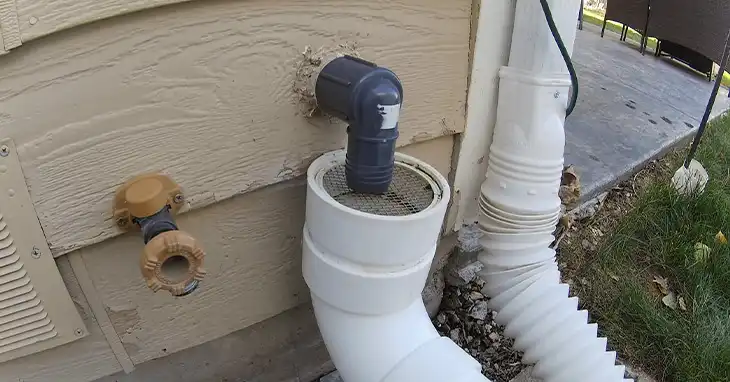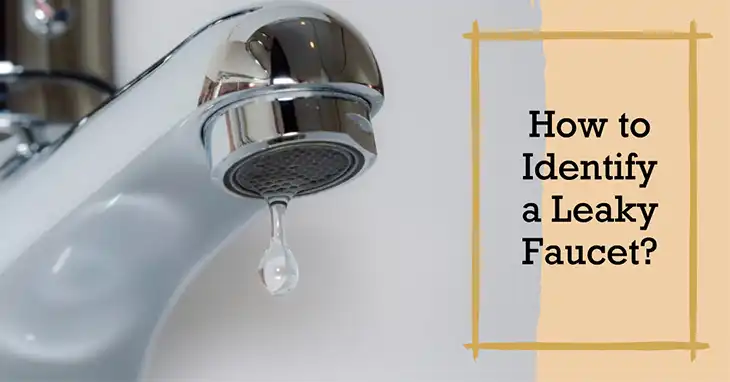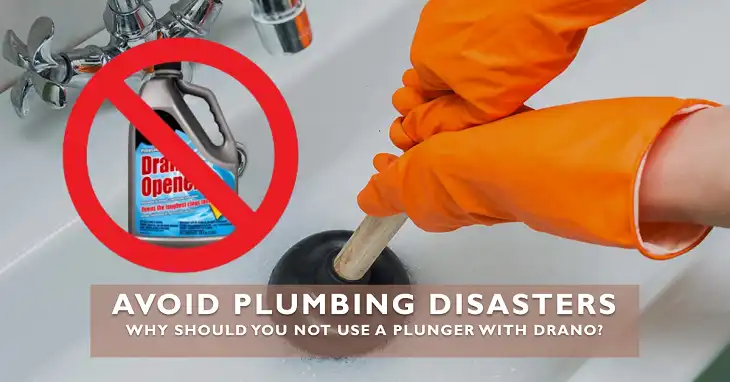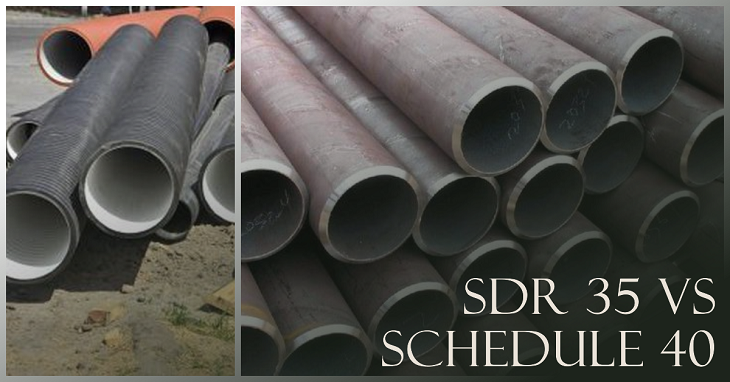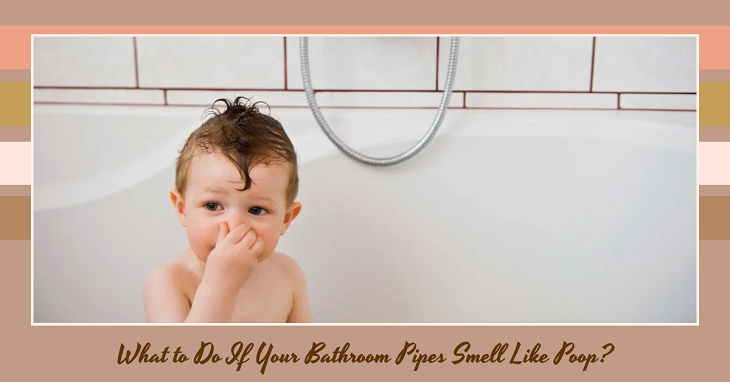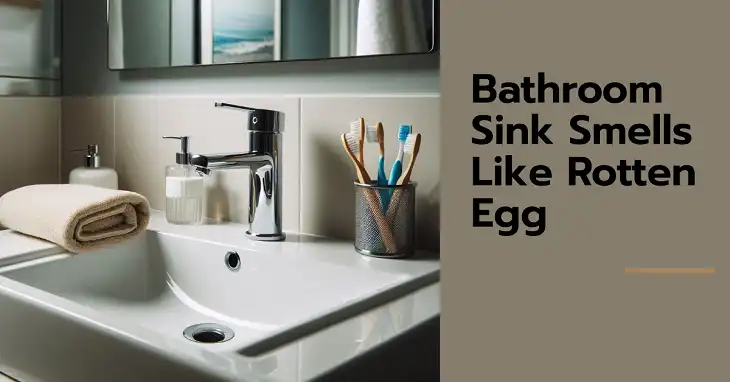How to Identify and Fix a Burst Pipe?
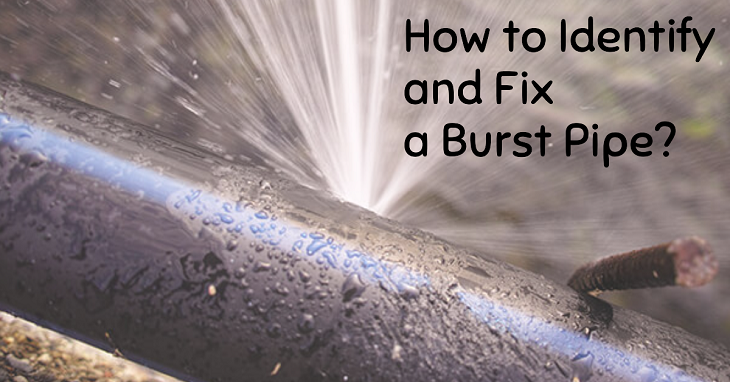
Identifying a burst pipe early can prevent extensive water damage, mold growth, and expensive repairs. Whether it’s due to freezing temperatures, corrosion, or poor plumbing installation, pipes can burst suddenly, and knowing the warning signs will help you act fast. In this article, we’ll explore the key indicators of a burst pipe, how to confirm it, and the steps to take once you’ve identified the problem.
What Are the Common Signs of a Burst Pipe?
A burst pipe isn’t always immediately obvious, but several signs can give it away:
- Unusual Water Pressure Drops
If you suddenly notice a drop in water pressure, especially in certain parts of the house, it might indicate a leak or burst. This happens because the water that should be coming out of your taps is leaking elsewhere through the damaged pipe.
- Unexpected Water Bills
One of the clearest signs is a spike in your water bill without any significant change in your water usage. A burst pipe leaks water continuously, which adds up and reflects in your monthly bills.
- Water Stains on Walls and Ceilings
Visible water stains, discoloration, or wet patches on your walls or ceiling are major red flags. Burst pipes within walls can leak water slowly, causing noticeable damage over time. If you notice damp drywall, it’s a sign to investigate further.
- Puddles or Wet Floors
Standing water in places where it shouldn’t be, like in the basement or near appliances, might indicate a burst pipe. This is often accompanied by persistent dampness in flooring or carpeted areas.
- Unusual Sounds in the Plumbing
A burst pipe often results in odd sounds in your plumbing system. If you hear hissing, whistling, or bubbling noises, especially when the taps are off, water may be escaping through a damaged pipe.
- Water Temperature Fluctuations
Sudden changes in water temperature—like going from hot to cold without adjusting the tap—could signal a burst pipe in your hot water line, affecting the system’s stability.
- Mold or Mildew Growth
Constant moisture from a burst pipe can lead to mold or mildew in areas where water has accumulated. This is especially common in walls, floors, or behind large furniture pieces. Not only is this unhealthy, but it can also weaken your home’s structure.
- Foul Smells from Drains or Water Supply
A burst sewer or waste pipe can lead to unpleasant odors coming from drains, sinks, or bathrooms. This smell might be the result of sewage or stagnant water accumulating due to the pipe damage.
How Can You Confirm a Burst Pipe?
Once you suspect a burst pipe, you’ll want to confirm it before taking action. Here’s what you can do:
Step 1: Turn Off the Water Supply: First, locate the main water valve and turn it off to stop water flow. This will minimize any further damage and give you a clearer indication if the issue is related to plumbing.
Step 2: Check for Running Water: After turning off the water supply, check if you hear any water running. If you do, this indicates water is still flowing somewhere, possibly due to a burst pipe.
Step 3: Inspect Your Home Thoroughly: Inspect areas like the attic, basement, and crawl spaces where pipes are exposed or hidden. Feel for dampness on floors, walls, and ceilings. If you find any suspicious areas, use a flashlight to check for water pooling.
Step 4: Use a Pressure Gauge: A pressure gauge can help you assess whether your plumbing system has a significant pressure drop, which could indicate a leak. Attach it to an outdoor spigot to see if there’s a drop when the water is turned on.
Step 5: Call a Plumber for a Professional Inspection: If you’re unable to locate the burst pipe, it’s best to call a licensed plumber. They can use specialized tools like infrared cameras or moisture meters to locate leaks within walls and floors.
What Should You Do If You Find a Burst Pipe?
If you confirm a burst pipe, act quickly to minimize damage:
- Shut Off the Water Supply Immediately
If you haven’t already, turn off the water to prevent more water from leaking. - Drain Your Pipes
Once the water is off, drain the remaining water in your pipes by turning on all the taps in your home. This will help reduce pressure and prevent further leaks. - Call a Plumber for Repairs
A burst pipe should be handled by a professional plumber, especially if it’s within your walls or ceiling. They will assess the damage and replace or repair the pipe accordingly. - Begin Water Damage Cleanup
If water has spilled, begin drying the affected areas immediately to prevent mold growth. Use towels, wet/dry vacuums, and fans to dry out the space as thoroughly as possible. - Document the Damage
Take pictures and document all damage before and during the cleanup process. This will be helpful if you plan to file an insurance claim.
How Can You Prevent Burst Pipes?
Prevention is always better than repair. Here’s how you can minimize the risk of burst pipes:
- Insulate Exposed Pipes
Pipes in unheated areas like attics or basements should be insulated, especially before winter months. This prevents them from freezing and expanding, which is a common cause of burst pipes. - Let Faucets Drip in Freezing Weather
When temperatures drop, letting your faucets drip slightly helps prevent pipes from freezing. The continuous flow of water keeps them from reaching freezing temperatures. - Monitor Water Pressure
High water pressure can put undue stress on your pipes, leading to bursts over time. Use a pressure regulator to ensure your home’s water pressure remains within safe limits. - Schedule Regular Plumbing Inspections
Having a plumber inspect your system annually can help you spot signs of wear and tear before they lead to a burst pipe.
Final Words
Recognizing the signs of a burst pipe early can save you time, money, and the headache of extensive water damage. Stay vigilant by monitoring your water pressure, inspecting your plumbing regularly, and acting fast when you notice any unusual signs. If in doubt, always consult a professional plumber to ensure your home’s plumbing is in good condition.

